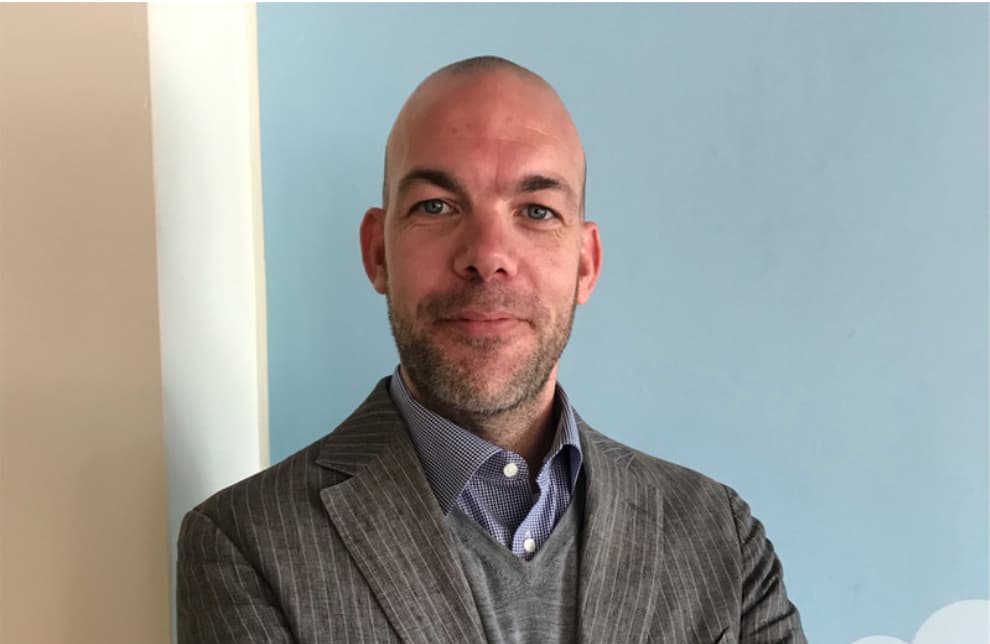The other side of the pharma supply chain: CEIV and trucking
The pharmaceutical industry is a high-value sector and one which is growing as people live longer. The transportation of pharmaceuticals has to be at the highest standard in order to ensure the safety of such sensitive products as they are moved along the global supply chain. The unique requirements associated with shipping pharmaceuticals, and the increase in demand, has resulted in the creation of collaborative organisations, such as Pharma Gateway Amsterdam (PGA).

PGA was founded by Air Cargo Netherlands and Amsterdam Airport Schiphol to offer shippers an IATA CEIV Pharma certified closed airfreight supply chain. PGA is now made up of 23 logistics companies, including several trucking companies that are responsible for transporting pharmaceuticals by road – a sector of the pharma supply chain that is often overlooked but shouldn’t be underestimated. One such member is Jan de Rijk, which became the first trucking company in the world to become CEIV certified in March 2015. Here, David Smorenburg, Sales Manager Air Cargo at Jan de Rijk, talks about working with the PGA, shares his predictions about the future of pharma logistics, and considers the benefits of collaboration.
What is your experience of working with PGA and being part of the PGA? What are the benefits and challenges?
Being part of the PGA has been an excellent opportunity to learn more about the needs of the customers we serve. As a member of PGA, we can focus on our own responsibilities, but also hear the concerns, ideas, and innovations from other participants. The interaction with forwarders, airlines, and other related business partners provides an overview on the whole process from which we can adapt and ensure we maintain our high standards. Through being a PGA member, we see the benefits of contributing within a community.
What is the future for pharma logistics within the trucking industry?
Pharma logistics will remain a growing market, but only for specialists. In general, the margins remain high compared to general cargo, but in return requires a higher investment in order to maintain high standards and continuously invest in better solutions. This requires specialisation, but with increasingly expensive equipment and more complex systems, such specialization may not be possible for everyone. That is why Jan de Rijk became the first trucking company in the world to receive the CEIV certification. We want to be the frontrunner in terms of quality, and we see it as an opportunity rather than a cost. More people are able to access better medication due to global economic growth for which air cargo becomes a necessary and sustainable mode of transport, which justifies the investment in CEIV and other innovations to ensure quality. People depend on their medications and, therefore, on a closed, efficient, and reliable logistics supply chain.
What could be done to benefit the pharma supply chain? How does collaboration fit into this?
Collaboration is essential in order to offer a product that both shippers, manufacturers, and the final customers can rely on. A minor temperature or handling deviation can result in the loss of potency of the product, and, in worst case scenarios lead to a patient missing their treatment. Therefore, it’s imperative that all of the links in the chain fit perfectly because the supply chain depends on high quality. To achieve this, PGA works towards a combined strategy to ensure Amsterdam Airport Schiphol has a strong reputation for high standards within the pharma air cargo market. However, our quality would not have an impact on the pharmaceutical product without the airlines, ground handling agents, and forwarders that are also CEIV certified and work with us to deliver the product.
What is the biggest concern right now for hauliers? What can be done to mitigate it?
The development of pharma packaging is moving rapidly forward and could result in pharma shipments being booked as general cargo or as consolidation without any temperature requirements. Pharma packaging is designed to keep the contents cool for over 72 hours without requiring cooling from the surrounding environment. But these developments should not become an excuse to treat pharmaceuticals as general cargo because too many patients rely on the proper delivery of medications. As a group, we need to ensure uniform policies in order to ensure the highest quality.
What is your favourite thing about working in the haulier sector? And especially for pharma logistics?
It is great to be part of a sector that contributes to keep the country running. Without trucking companies, stores and pharmacies would be empty of medicines within one week. The constant need to maintain high quality service and remain competitive is a daily challenge, but it forces us to constantly adapt, adjust, and review our position. Within the pharma supply chain, we feel proud to be one of the selected few who are capable to move complex orders and be part of a sector that contributes to people’s health and security on a daily basis.